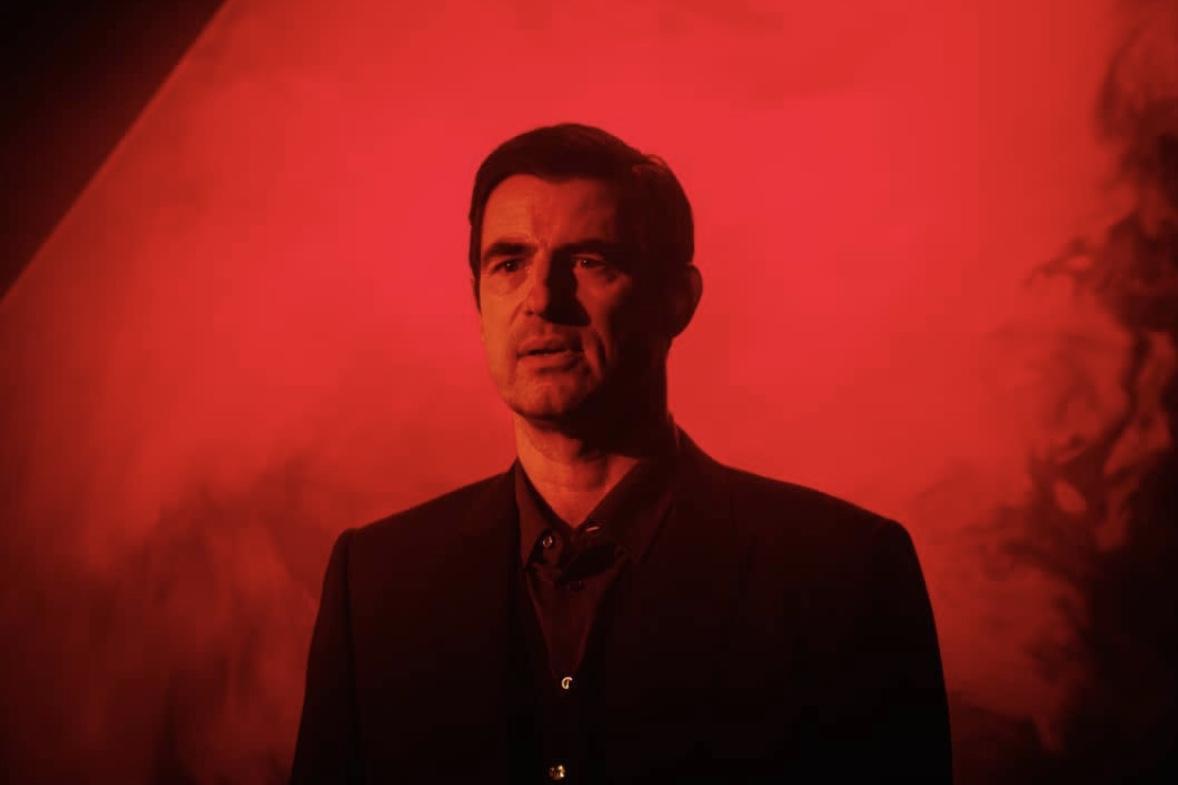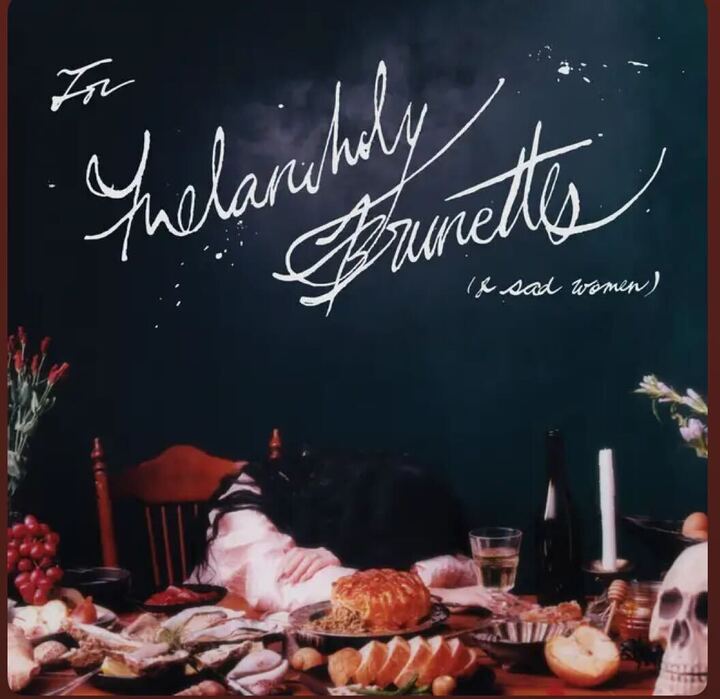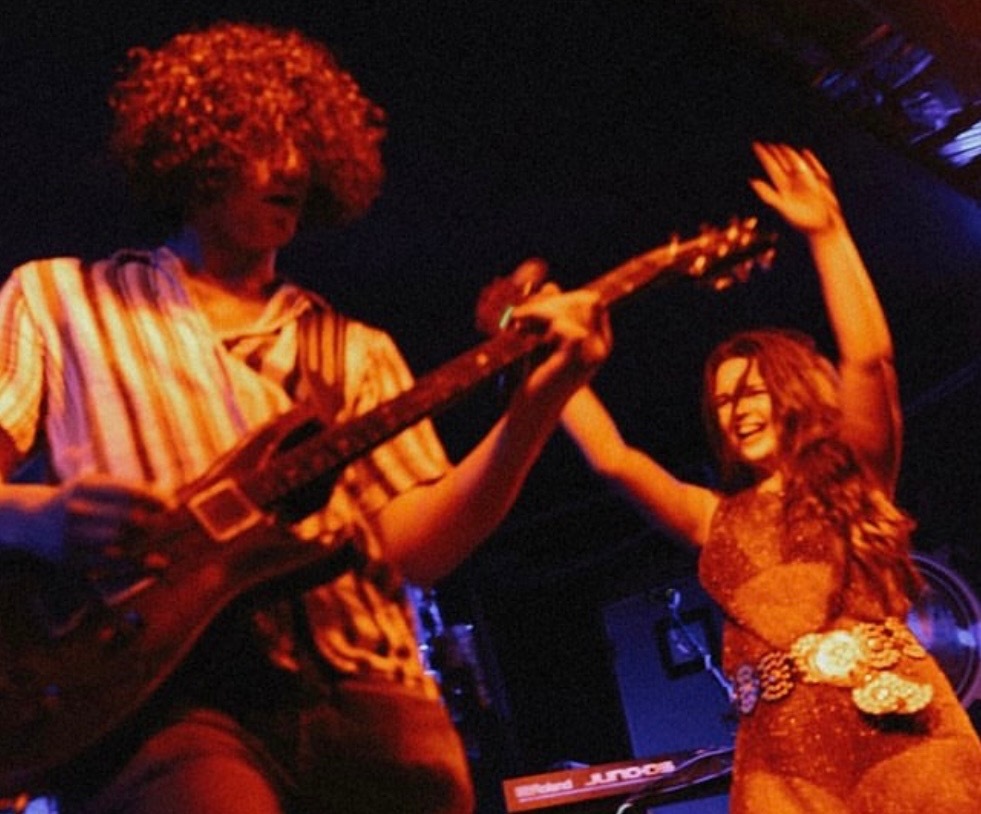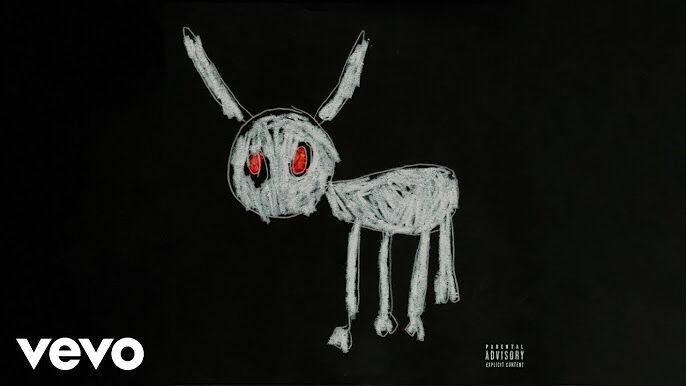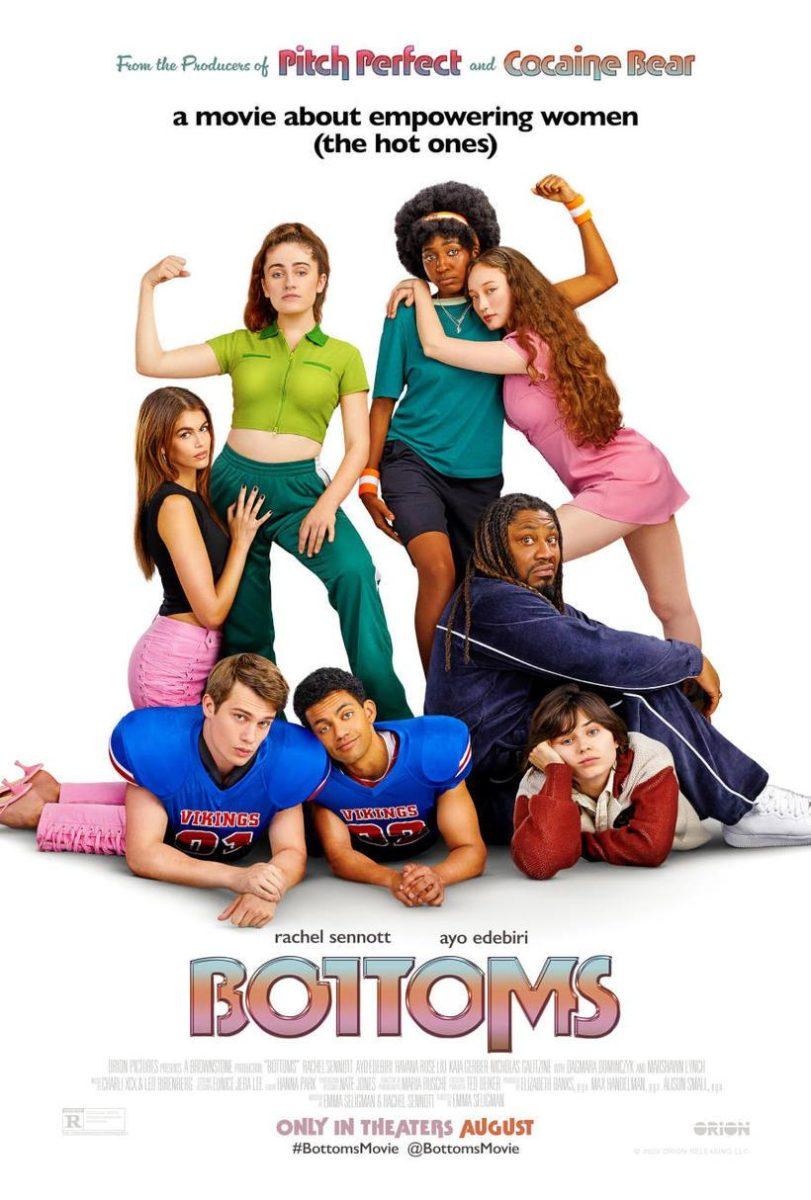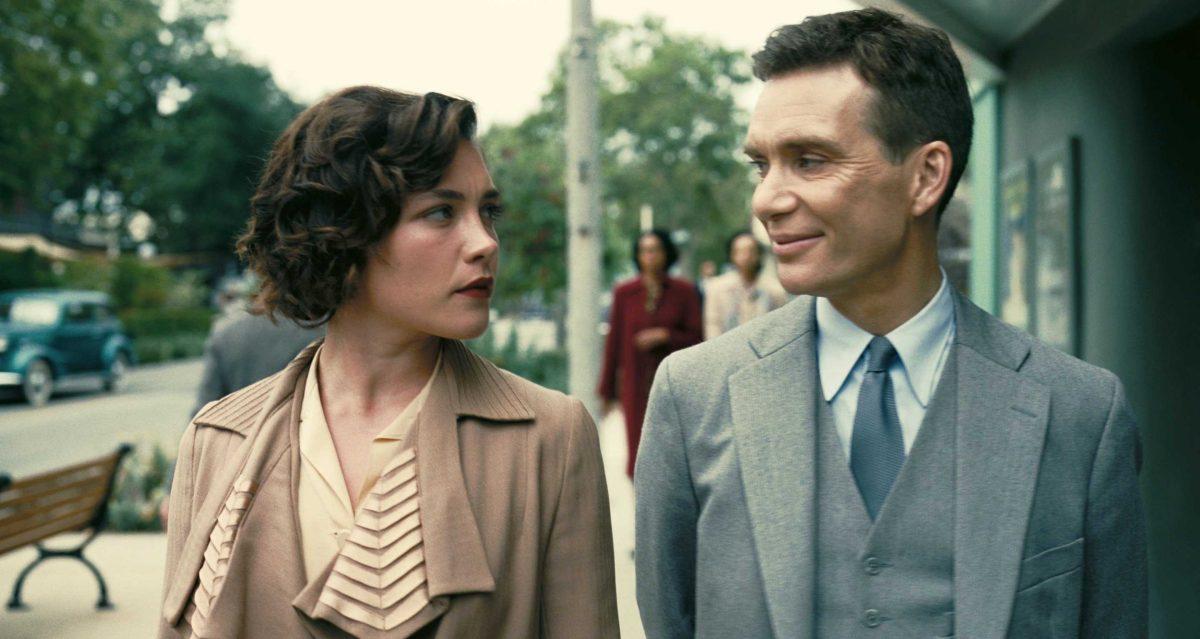Stars: 2/5
It is a difficult and ambitious feat to attempt to reinvent a character as notorious as Count Dracula. For that reason, I won’t bully Netflix too hard for trying.
It is in three, dragged out parts, but it could really be one or two. Each of the three episodes is an hour and a half and follow different steps in the story. Imagine each set of quotes as sarcastically thrown air quotes because I use those words liberally.
The first episode follows Johnathon Harker as he recounts to two nuns his time with Dracula as a trapped real estate lawyer. He ignores Dracula’s every subtle hint that he is definitely not leaving intact.
The process of the account catching up to the present in terms of revealing information relevant to the storyteller is actually well done. Harker’s nature is in question right out the gate as something is obviously off about his appearance and apathy toward flies roaming through his face.
The second episode is similarly formatted in that the plot catches up to what the viewer assumes is the present where the Count is telling Agatha a story.
The third is the end of the mini-series.
The approach being the Count’s otherwise cinematic, untold backstory makes the plot super original. That is a joke. It has been told, ironically in “Dracula Untold.” Calling it a backstory is also unfair as most of his nature is discovered through conversations occurring in the present.
Agatha Van Helsing, the famous (fictional) vampire hunter, is featured as a main character in the Dracula backstory. She is written infinitely better than Count Dracula, but “Van Helsing” already exists. Not as a three part series, of course. It committed to being a real movie and a TV show as separate entities.
Dracula goes out of his way to be eerie in dialogue in ways I’m sure the writers thought were cute. He employs puns far more than I imagine an immortal Transylvanian from the 15th century would. I expected a laugh track to roll after he said someone he killed in vampire fashion was feeling “drained.”
Dracula’s powers and the air of mystery surrounding them that lingers past episode one is of great credit to the show. His notorious proclivity toward blood is expanded in an original direction, no sarcasm intended.
“Dracula” is not a horror series like “Haunting of Hill House.” It is also not a drama. Calling it a detective show does it no justice either. It is the story of the good old Transylvanian Count Dracula with a few neat twists, but it is nothing to write home three huge and for some reason separate notes about.



